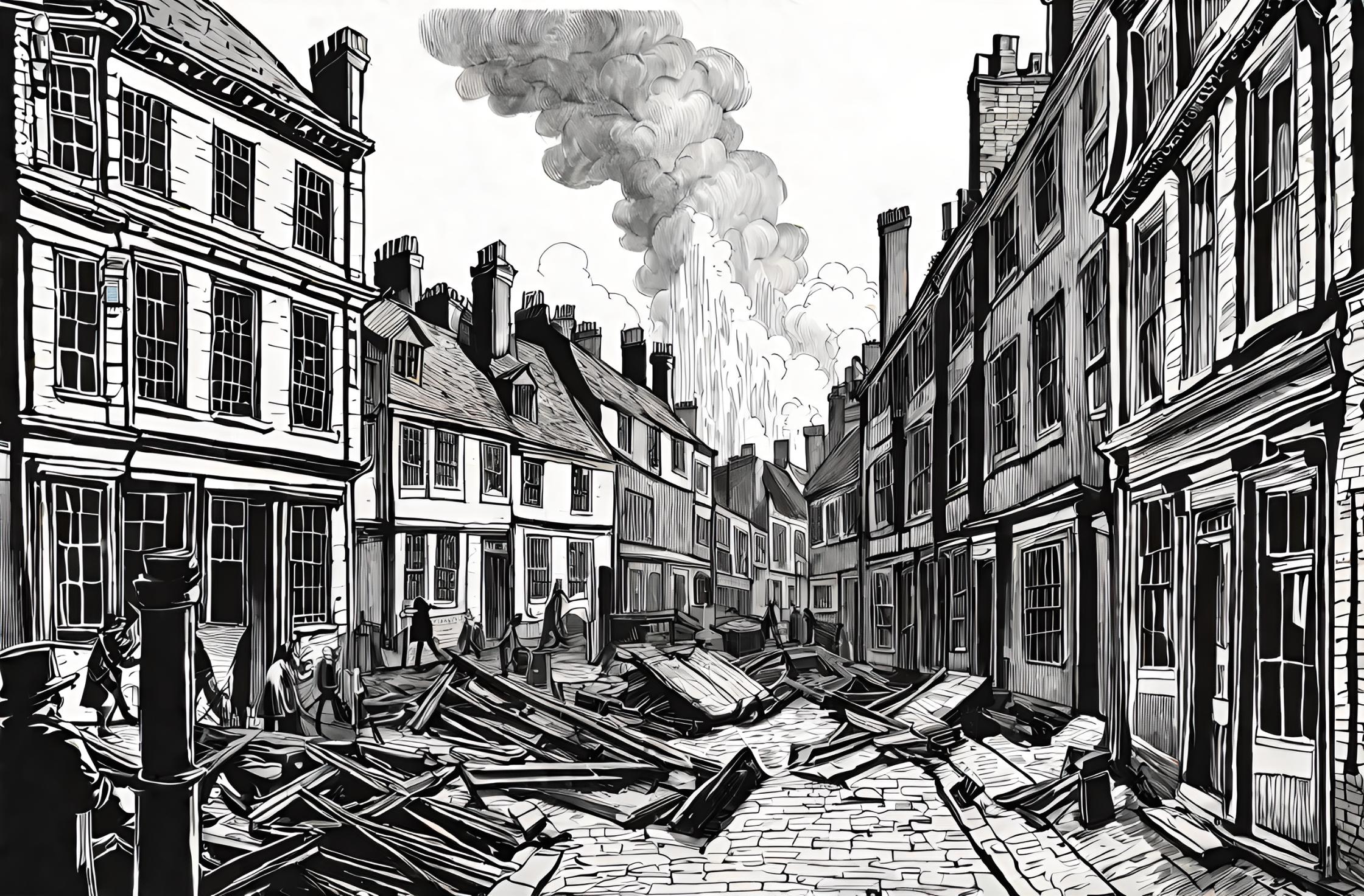Flashback to September 4
World History

1976
Andre Malraux, French novelist/art historian/puplic office (“The Voices of Silence”), dies at age 75.
Read moreOn November 23, 1976, the world bid farewell to one of its most illustrious figures of the 20th century, Andre Malraux. Known for his diverse vocations as a French novelist, art historian, and public office holder, his enduring legacy is etched into every sphere he influenced, most notably through his seminal work, “The Voices of Silence”. A closer inspection of Malraux’s life and contributions helps us understand the monumental loss witnessed on that fateful day in November.
Andre Malraux, born in 1901, was a man of multifaceted talent. His accomplishments spanned across several disciplines, making him a stalwart in the realms of literature, art history, and public affairs. His literary debut, the novel “Les Conquérants”, marked just the beginning of an illustrious career that eventually made him one of the most respected authors in French literature.
The name Andre Malraux is also synonymous with seminal masterpiece “The Voices of Silence”. This magnum opus is more than an exploration of world art. Rather, it presents a comprehensive critique, intertwining his profound understanding of human psyche, philosophy, aesthetics, and history. For anyone seeking an immersive delve into the world of art or an understanding of its evolution, “The Voices of Silence” often stands as the go-to recommendation.
His prowess in melding significant historical events with fictitious plotlines became a distinct hallmark of his writing style. This is particularly noticeable in his highly-acclaimed novel “Man’s Fate”, for which he was honoured with the prestigious Goncourt Prize. As part of his literary repertoire offering, this book strikingly illustrates his capacity for weaving intricate character studies against a backdrop of looming war and despair.
Moving beyond his literary achievements, Malraux holds a distinguished place in history for his stint in public office. He served as France’s Minister of Cultural Affairs under President Charles de Gaulle. During his tenure, he instituted measures that revolutionized French cultural policy. Notably, by launching the Maison de la Culture in Bourges in 1965, the first-ever cultural centre in France, he ushered the country into a new era of emphasis on arts, culture, and heritage.
His official roles, however, did not limit his humanitarian spirit, as he stayed actively engaged in various global issues. His widely recognized contributions to the anti-fascist cause during the Spanish Civil War laid testament to his unwavering commitment to principles of liberty and equality.
Even within the sphere of art history, Malraux’s innovative ideas resonate. His concept of the “museum without walls”, a metaphor for how art should be universally accessible and free from the realm of elitism, underscores his vision for a more inclusive appreciation of art. An art historian par excellence, his works are infused with a deep perspective that art is the language that communicates across cultures and epochs.
The death of Andre Malraux at the age of 75 was a significant event, marking the end of an era that had been profoundly shaped by his intellectual force. His life and works are emblematic of his relentless quest for knowledge and unwavering devotion to literature, art, and public service.
Reflecting on the significance of this event isn’t simply about commemorating the death of a notable personality, but recognizing the profound legacy he left behind. His novels continue to inspire, his views on art history persist in scholarly discussions, and his policies still influence French cultural initiatives.
It’s impossible to cover the breadth of Andre Malraux’s influence within a single account. Nevertheless, with the event of his death on November 23, 1976, we are reminded of his multiple contributions. Each paragraph devoted to him is not just a testament to his life but also an invitation to explore his novelistic world, artistic ideology, and policy-making strategies. His enduring legacy in all these spheres attests to the resonating power of his work and thought, maintaining his relevance in our contemporary times.
We strive for accuracy. If you see something that doesn't look right, click here to contact us!
Sponsored Content

The Great fire of…
Experience the harrowing tale…

Northeast Nicaragua takes a…
On September 4th, 2007,…

US troops land in…
On September 4, 1918,…

German forces capture Bydgoszcz…
On September 4, 1939,…

The Senese Ghibellines, supported…
On September 4th, 1260,…

Rodi avalanche destroys Plurs…
The catastrophic Rodi avalanche…

